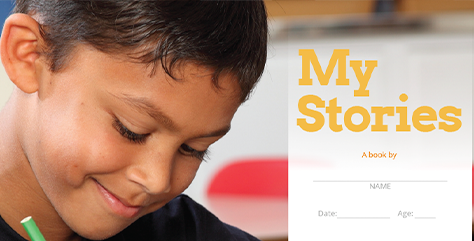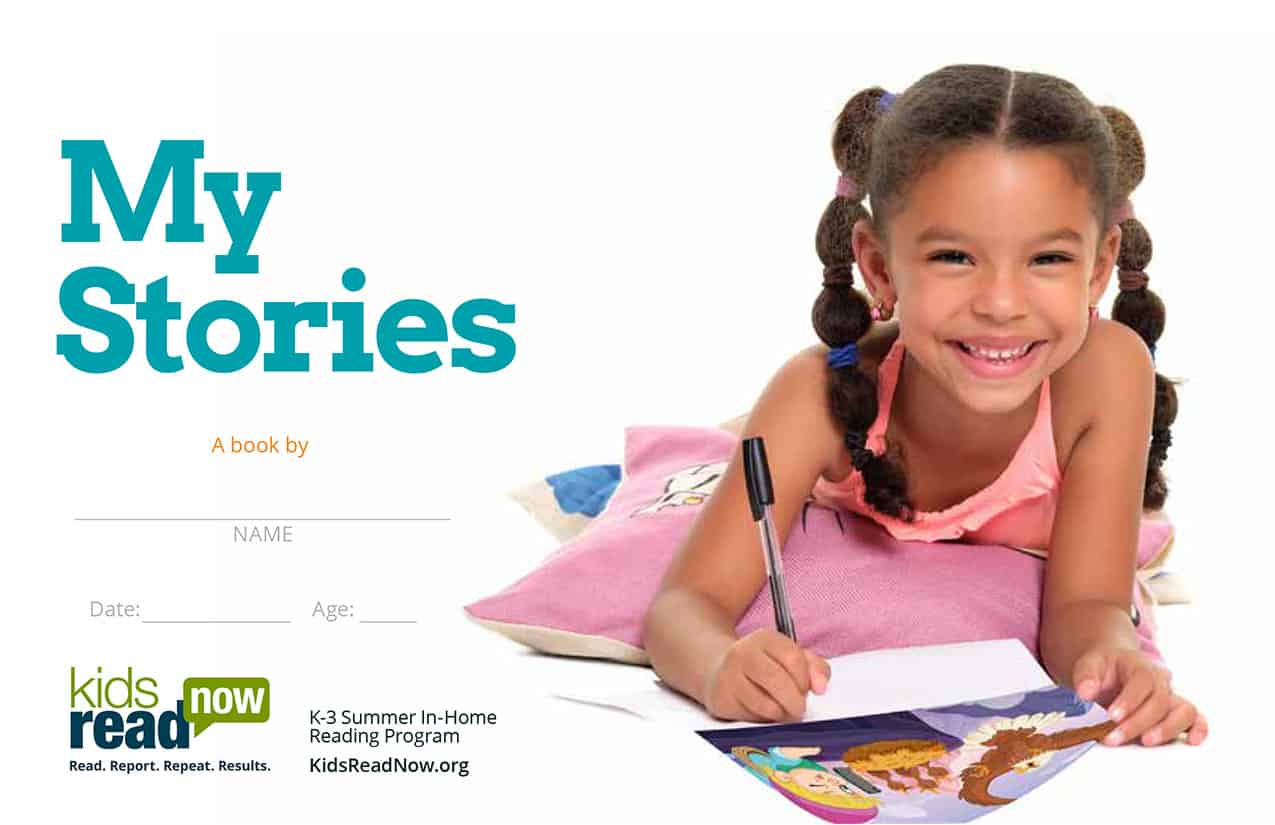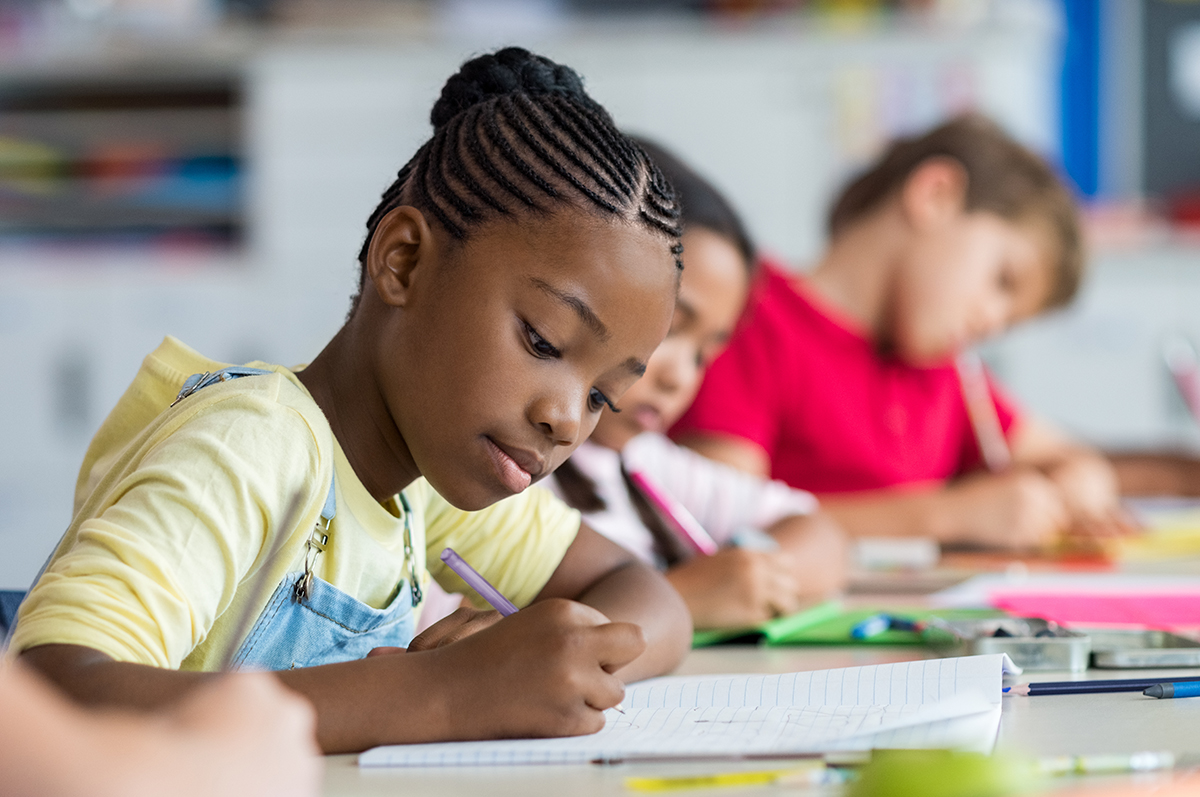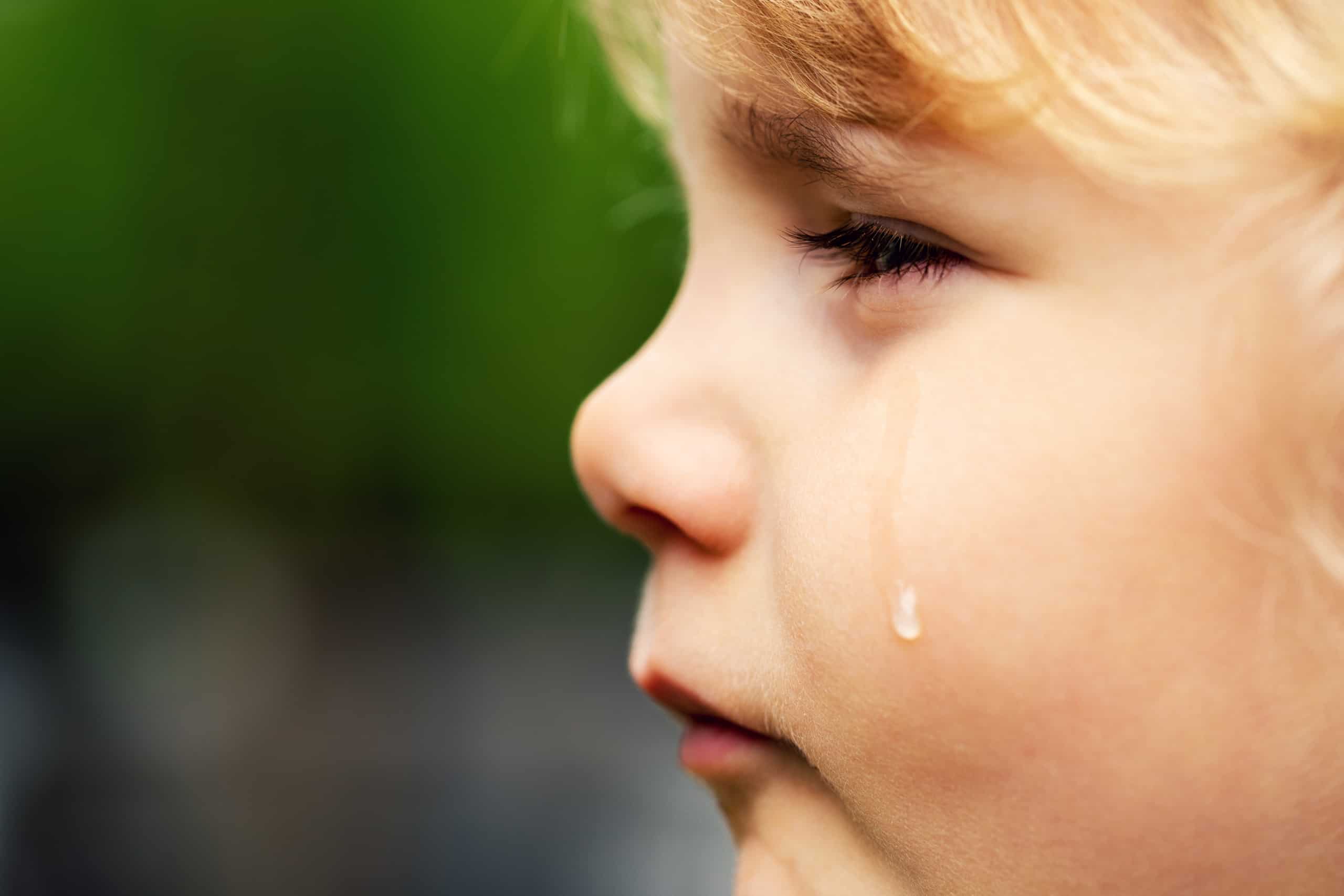Latest in Literacy Blog
-

Writing is Reading in Reverse
Read more: Writing is Reading in ReverseElementary teachers, reading specialists and literacy coaches all know that to be a good writer, children must also be good readers. They need to understand a plot, the characters, and sequencing and understand the vocabulary that moves a plot forward, explain the actions and motives of a character, and comprehend the changes that take place…
-

How writing can help you read
Read more: How writing can help you readDuring meetings, are you a notetaker? I often find myself scribbling down notes throughout a meeting only to never refer to them again, simply because I remember what is on them. The act of writing down the information helps my brain convert it to long term memory. The same thing happens when children write. Even…



